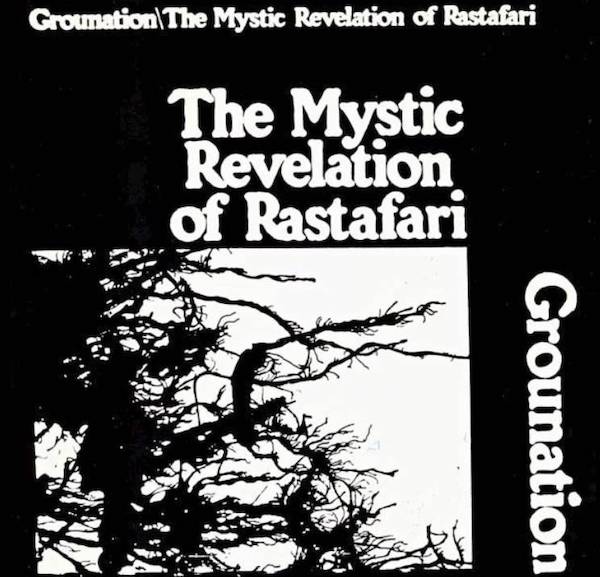7. Count Ossie & The Mystic Revelation Of RastafariGrounation

That one was quite deep for me because again, growing up in church and being a believer; my family being from the West Indies – my mum’s side from Jamaica, my dad’s side from Dominica – I remember going to church and it was authentic West Indians there in their 40s, 50s that now live in the UK but have kept these traditions, they were singing these songs just without the drums. So when I first heard this, something just went – ‘Hang on?’ I remember being four and hearing this person sing that song but swap Selassie for this or that. It had that same spiritual element I was so used to, just in a very different form. It was like a weird full circle thing for me. It was almost like going back home. These drums are taking me somewhere, but also I’m being carried by these songs I know. It was beautiful to check out more of what Count Ossie was doing and people that were part of his band like Cedric Brooks.
He was infusing a lot of the jazz elements that he’s hearing from Coltrane or Ornette Coleman. That’s deep, you’re deep in the heels of Kingston, aware of Ornette and them man. Like Duke Ellington had to come and visit him, you know, there’s a photo of him and Duke Ellington in the bush. You know he’s got something that’s important, not only important for culture but it’s spiritually important for the Nyabinghi tradition. For me when I heard that record, particularly Grounation, where they’re going through loops for 20 minutes, it’s that thing again with soundsystems where you ‘wheel up a riddim’ or at church when the tune would just keep going. It was something I’d never heard but I also felt like it wasn’t foreign, those experiences are so wicked and that influenced the whole fascination with drum culture and drum languages, spirituality connected to drums, music orientated around the drums. I got into Batá and music for the Orishas and things that are all over the Diaspora in West Africa, the Caribbean, South America. And when you listen to it, the recording’s so rags but it just couldn’t work if you put it in Abbey Road. It gave me a bit more confidence when I was doing my record that if I go to someone’s house and I show up with a handheld recorder, as long as it feels right it doesn’t matter. Big studio, small studio, my phone as long as it’s got that feeling that I was going for.


